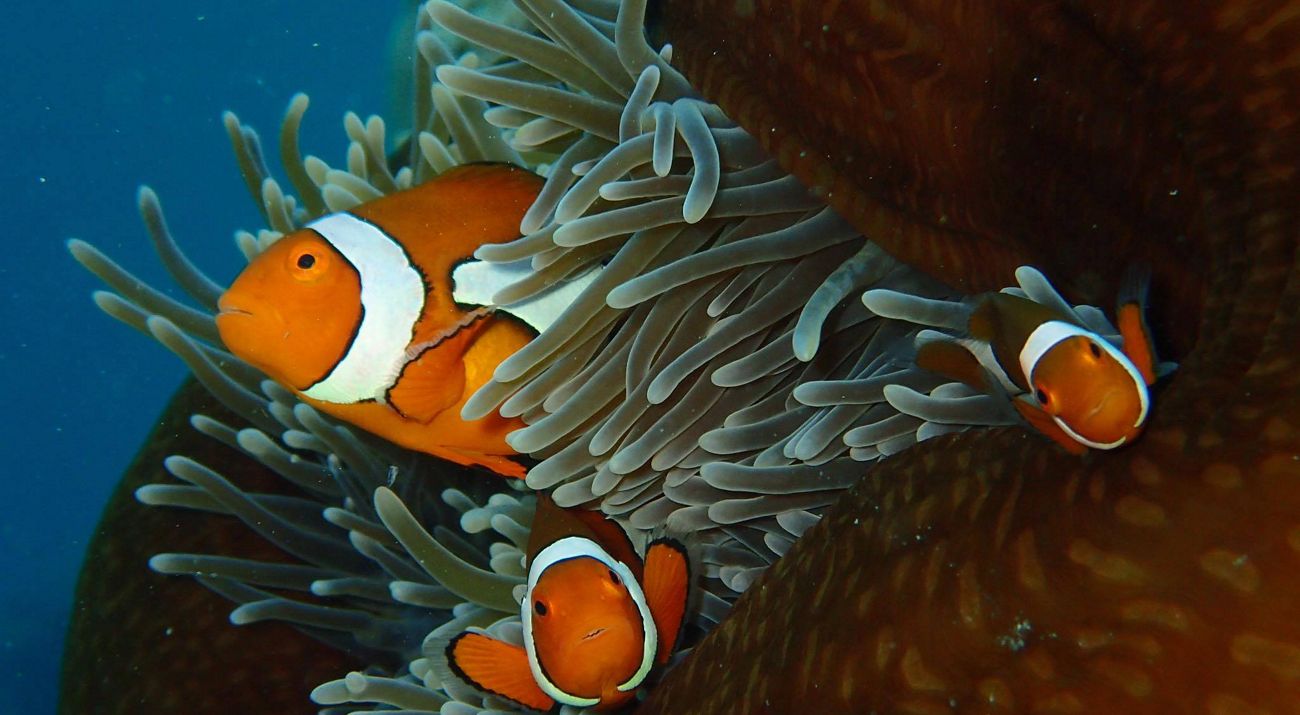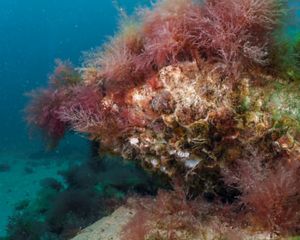The answer is NO.
The Great Barrier Reef is one of Australia’s most spectacular natural wonders. It stretches for over 2,600 kilometres and more than 1,500 fish species inhabit this incredible ecosystem. It attracts over two million visitors each year and tourism to the reef generates approximately AU$5-6 billion per year. We all heard how climate change impacts the Great Barrier Reef and leads in coral bleaching. Many organisation including NGOs are doing an incredible job protecting the well-known reef from its threats.
While the community’s attention is understandably focused on threats to the Great Barrier Reef, it’s shellfish reefs that have suffered the most. Just 100 years ago, shellfish reefs cleaned the waters off Australia’s southern shores, protected coastal communities from storm surges, and provided food and shelter for local fish and other marine creatures.
Today, these reefs are nearly gone. 85% of oyster reefs have been lost worldwide making it the most threatened marine habitat on Earth. While national and international organisations have focused on the protection of the Great Barrier Reef, our less glamourous but equally important native shellfish reefs have been largely overlooked and are, today, almost wiped out.
Watch this great video to see how we’re rescuing our forgotten reefs
Riding on the proven success of this science-based reef recovery strategy, we have ambitious plans to rescue even more reefs in 2019. We've started restoration in South Australia and will begin in Albany WA—but our resources to do so are limited. Our marine team has a big job ahead and is working hard every day to rescue our forgotten reefs.
Please help us restore Australia's forgotten shellfish reefs
Just $25 could buy two dozen native oysters to stock our reefs.


